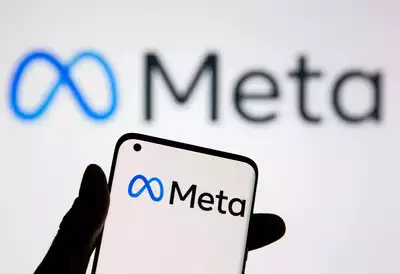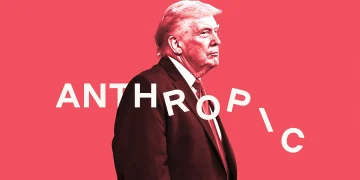Meta has launched a new Language Technology Partner Program to improve AI-powered speech recognition and translation, with a strong focus on underserved languages. In partnership with UNESCO, Meta aims to expand linguistic diversity in AI by collaborating with global partners to enhance open-source translation technologies.
Advancing AI Translation Through Collaboration
Meta is actively seeking partners to contribute:
- 10+ hours of speech recordings with transcriptions.
- Large amounts of written text (200+ sentences).
- Sets of translated sentences across diverse languages.
Through this initiative, Meta’s research teams will integrate these contributions into AI-driven speech recognition and machine translation models. Once finalized, these models will be open-sourced and available to the community.
Meta has already secured a partnership with the Government of Nunavut, Canada, which will contribute linguistic data in Inuktitut and Inuinnaqtun.
Introducing an Open Source Translation Benchmark
As part of its commitment to improving AI translation, Meta has also launched an open-source machine translation benchmark.
- This benchmark consists of expert-crafted sentences in seven languages.
- It allows researchers and developers to evaluate AI model performance in real-world translation tasks.
- Contributors can access and enhance the benchmark on AI development platforms like Hugging Face.
Meta’s Commitment to Linguistic Diversity
Meta has been at the forefront of AI-powered translation and speech recognition, with previous initiatives including:
- No Language Left Behind (NLLB) Project (2022) – The first neural machine translation model for many underrepresented languages.
- Meta Massively Multilingual Speech (MMS) Project – A model capable of transcribing speech in 1,100+ languages, with zero-shot speech recognition added in 2024.
These initiatives align with the Global Action Plan of the International Decade of Indigenous Languages, supporting digital empowerment for diverse linguistic communities.
The Future of AI-Powered Language Technology
Meta continues to push AI-driven translation and speech recognition forward. By working with global partners, the company aims to:
- Bridge the gap between AI and underrepresented languages.
- Enhance digital accessibility and inclusion worldwide.
- Support researchers and developers in building smarter AI-driven language tools.
This initiative not only advances AI technology but also strengthens global linguistic diversity in the digital space.














